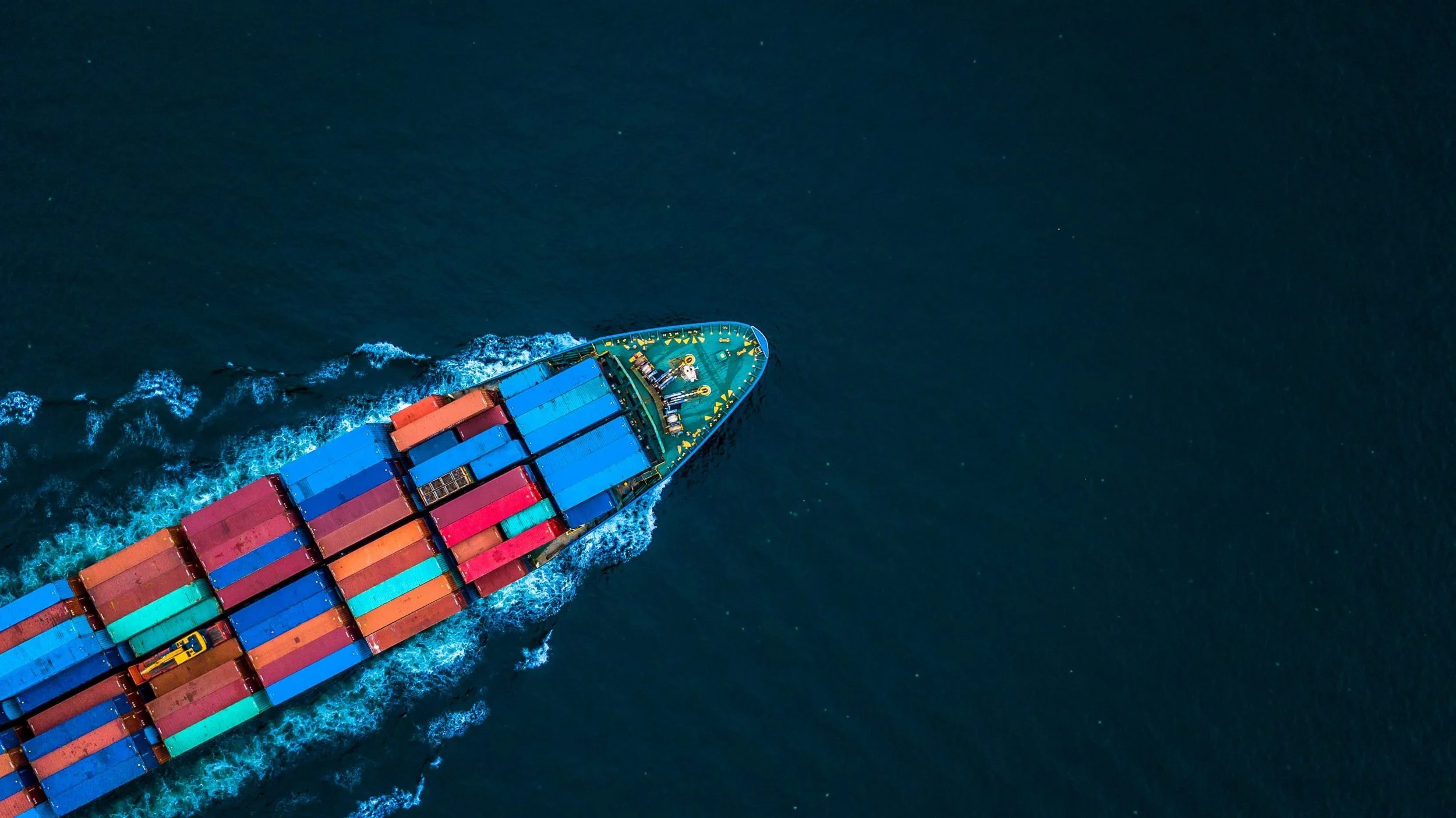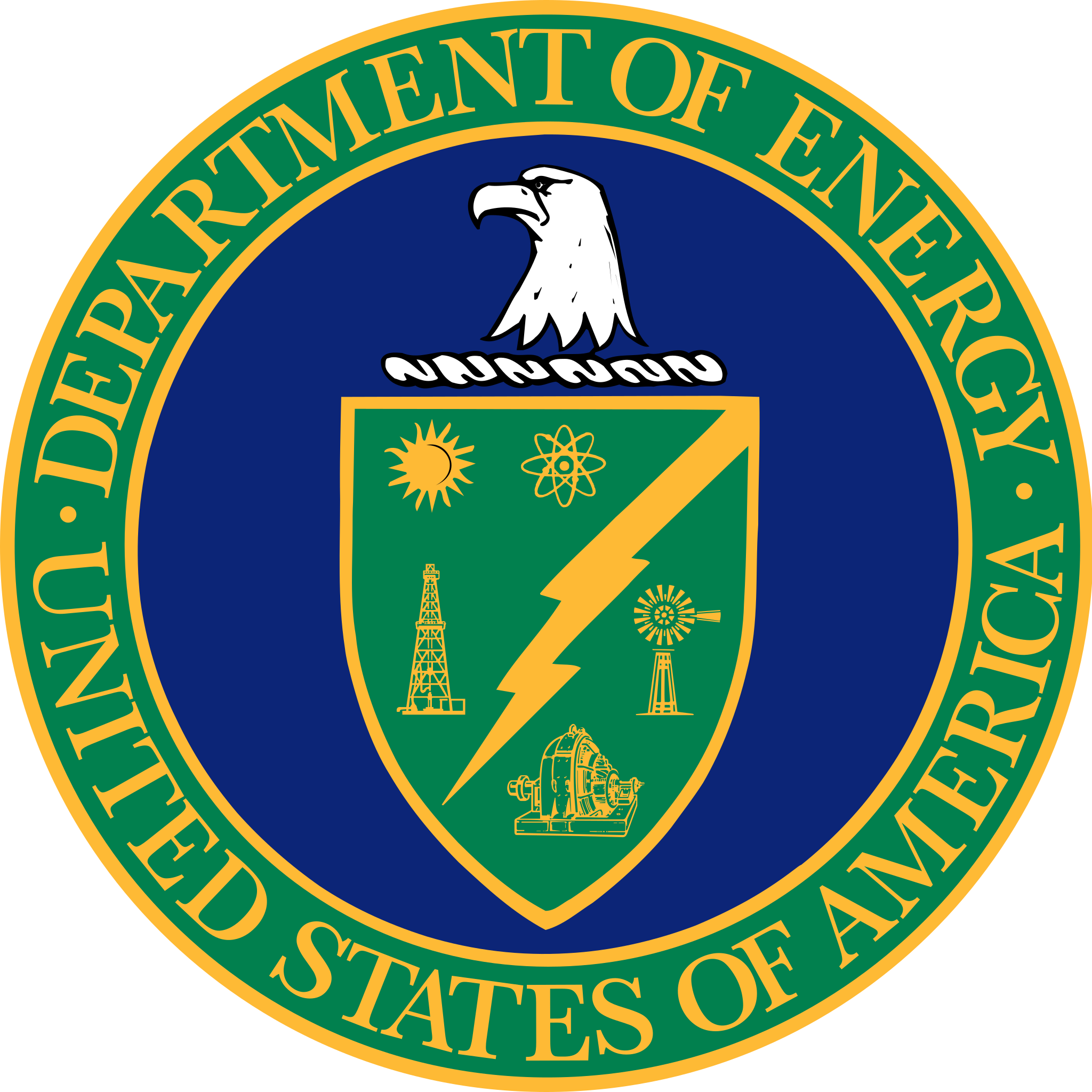
US-Made Ships 4x More Profitable than Diesel
Global Shipping Solutions
Using smaller vessels with direct service we are offering faster transit times with reduced risk of disruption at highly competitive rates.
Voltic will be a global provider by 2026. Click here to see available lanes and launch schedules.
Uncompromising Reliability
Voltic’s ships are designed to deliver the same level of reliability as traditional vessels. To ensure maximum safety and reliability, every ship has a traditional diesel system on board as a backup.
Zero-Emission Speed
Switching to Voltic’s zero-emission ships does not require compromises on speed, service, or price. Our sustainable shipping solutions help you reduce carbon footprints while maintaining the high service levels you and your customers expect.

EU and IMO regulations passed in 2023 and 2024 are forcing the industry to decarbonize. Voltic is leading the way.
In the News
-
Voltic: Electric Cargo Ships
Voltic is building electric cargo ships that are zero-emission and 3x more profitable than existing ships. They designed a solar and battery tech stack that can completely power a container ship at standard operating speeds.
-
5 Unusual Ways to Decarbonize the Shipping Industry Right Now
The transition to cleaner fuel is just one way to decarbonize the shipping industry. New retrofit technologies are emerging that can significantly reduce shipping emissions with less wait time.
-
American-Made Solar Prize Round 7
The American-Made Solar Prize is a multi-million dollar competition designed to spur innovations in U.S. solar hardware and software technologies and address challenges to rapid, equitable solar energy deployment. This challenge requires competitors to make progress quickly, form private-sector partnerships, and engage customers to bring their ideas to life over the course of three escalating challenges.









